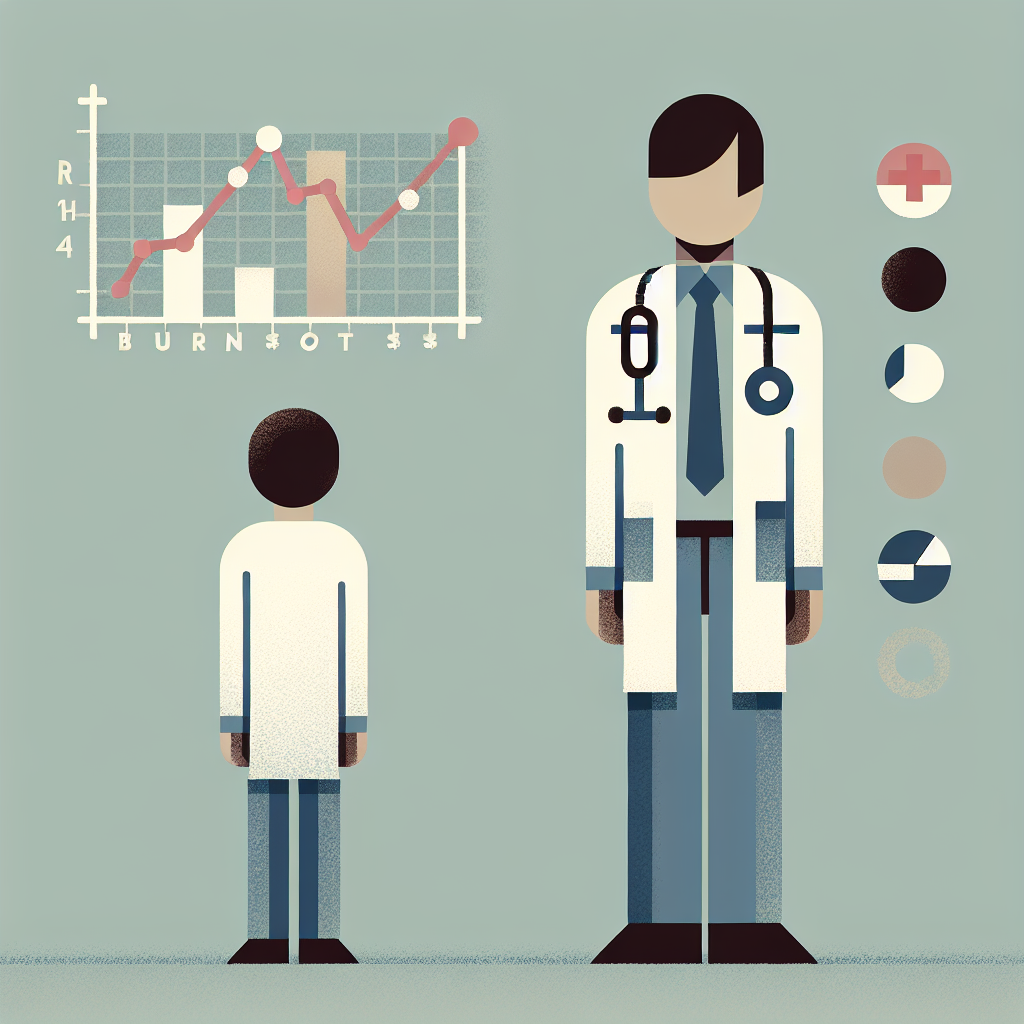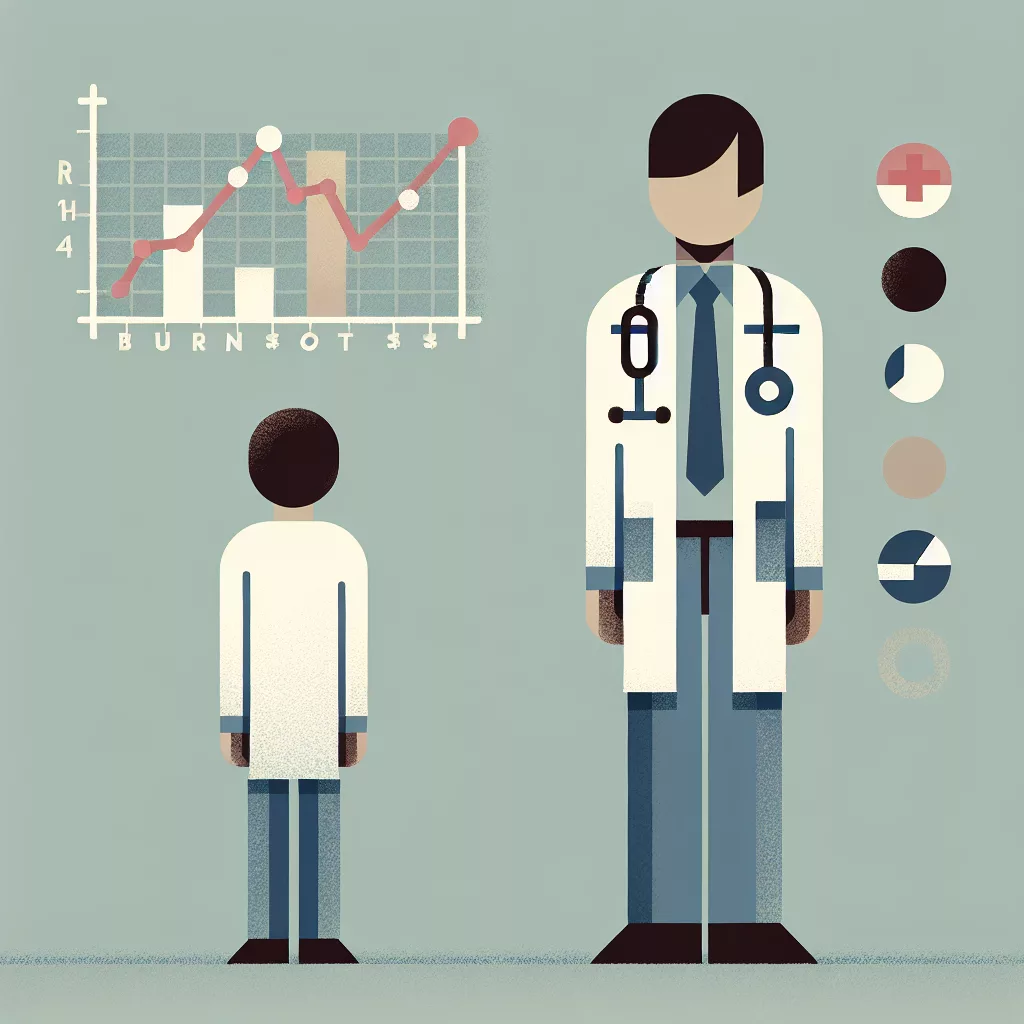Physician Assistants face burnout risks from high demands, long hours, and emotional stress, leading to critical impacts on well-being and job performance.

- High patient load leads to increased stress.
- Lack of autonomy in decision-making processes.
- Inadequate support from supervising physicians.
- Extended work hours affecting work-life balance.
- Emotional exhaustion from patient interactions.
- Limited career advancement opportunities.
- Administrative burdens add to workload pressure.
Current statistics regarding burnout among Physician Assistants indicate a level of severity that is high.
Reasons Physician Assistants burnout
According to the science to date there are key reasons people burnout at work. Here’s our top reasons why Physician Assistant in the Healthcare category has a burnout risk of High:
The role of a Physician Assistant (PA) is demanding, and various factors contribute to burnout. One major reason is the intense workload. PAs often juggle many patients at once, which can lead to fatigue and stress. Long hours and unpredictable schedules can exacerbate this strain.
Administrative burdens also play a significant role. PAs often handle a significant amount of paperwork and documentation, sometimes more than the patient care itself. This non-clinical workload can lead to dissatisfaction and frustration.
Another core issue is the emotional toll of the job. Constant interaction with sick or distressed patients can lead to compassion fatigue. Over time, this emotional exhaustion can detract from your ability to provide empathetic care.
Lack of autonomy in decision-making can also be a concern. Many PAs feel confined by bureaucratic constraints or the hierarchy in their work environments, limiting their capacity to influence patient care outcomes fully.
Furthermore, inadequate support from administration or colleagues can create an environment where PAs feel unappreciated and isolated. When teamwork and leadership are lacking, the work environment becomes less sustainable.
Finally, insufficient compensation relative to the workload and responsibilities can serve as another dissatisfaction source. When the financial rewards do not match the job demands, PAs may feel undervalued, adding to burnout.
Burnout rate data for Physician Assistant/Healthcare
You’re probably aware that burnout is a significant concern in healthcare roles, including the role of the Physician Assistant (PA). Up-to-date data emphasizes the serious prevalence of burnout among healthcare staff, where it’s often associated with long hours and high stress. In PAs specifically, burnout rates are notably high, often comparable to those observed in physicians. Many sources indicate that factors like workload, organizational support, and work-life balance heavily influence burnout levels.
For detailed statistics and analyses, you might consult the study published by the National Academy of Medicine, which addresses widespread burnout in healthcare (https://nam.edu/clinicianwellbeing/). Another comprehensive source is the American Academy of PAs, which frequently updates resources on PA-related burnout (https://www.aapa.org/news-central/). It’s critical to stay informed about these challenges to promote better mental health and retention within the field.
Do you have experience of Burnout as a Physician Assistant or in Healthcare?
Share your story about Physician Assistant burnout on our share your story page.
Burnout in Healthcare
Career Burnout Rates > Burnout in Healthcare > Physician Assistant Burnout


